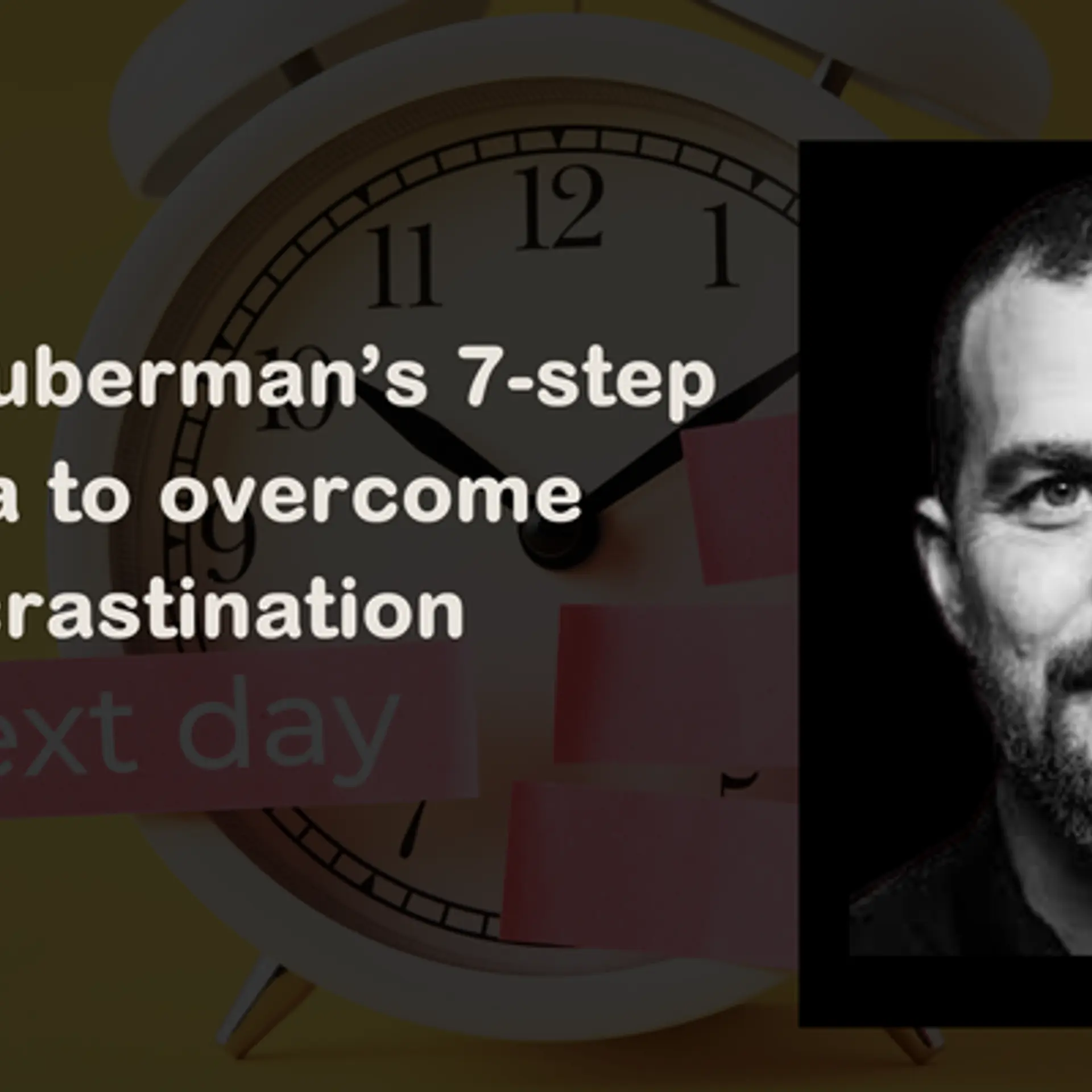Aishwarya Nair, founder of AMAI, explains how investing in food business can give the recipe for success
Considering that we are what we eat, promoting the culture of healthy-eating is a fully appreciable mission. Aishwarya Nair of The Leela group made her way in this business by launching the food brand AMAI, which brings health and quality at the core of its production. In a chat with YourStory, she explains what has led her to embark in this project, through challenges and success. Aishwarya tells us how she built her success and marked the story of women entrepreneurship in India thanks to the support she received from her family and to her determination.

Get started!
“Being different and unique in whatever I do is what drives me more than anything. I like to be a trend setter rather than a trend seeker. AMAI is truly revolutionary, as nowadays in India we are far too dependent on fast food eating and highly processed ingredients.
My family legacy in the hotel industry with The Leela group of Hotels definitely started my foray into the hospitality industry. It was an obvious choice, one keenly encouraged by my grandfather and father. After I graduated from high school, I was more interested in photography and filmmaking but my father encouraged me to take up the culinary arts and I have never looked back since. My grandfather Cpt Krishnan Nair truly inspired me the most. His joie de vivre, drive and over all exuberance will be thoroughly missed. He had an incredible aura and managed to charm anyone and everyone who met him. He had an admirable work ethic and a brilliantly modern mind set. These two strong personalities really inspired me and helped me to individuate my natural ability to organise events and work amicably with a variety of people, which is what most helps me in my career.
No matter what…quality at the centre!
The key force for the birth of AMAI was better eating. In Japanese the word means ‘sweet experience’ and it largely draws from Japanese minimalism and macrobiotics. Wherein ingredients used are as natural and unprocessed as possible, facilitating the digestion of aliments. Its predominant theme is the avoidance of Refined Sugar and Wheat products. This type of diet is very innovative in India and no other hotel chain has gone into so much depth into a wholesome food brand as I have with AMAI.
However, providing top quality food is not an easy task, especially due to discontinuities in the imports following the changing Food and Drugs requirements. This made the consistency of my product not as regular as I would have liked initially because I use unique ingredients which are not easy to find. But challenges are part of the game and finding solutions an exciting rule.

Being successful and being thankful
Understanding who your consumer is helps to build offers and to explore the depths of your brand. Vice versa, it is important that your consumer understands the brand ethos and appreciates the product for what it is trying to achieve. AMAI is a niche product made by a luxury hotel chain, this makes my consumer market slightly different from a mass consumed product. I know that people who buy products from AMAI are familiar with gluten free diets, miso, soy paste and other products local to Japanese culture. This common knowledge about healthy alimentation is essential to provide satisfaction both to the consumer and the producer.
In fact, I believe there is a serious appreciation for brands like this in India today. Plagiarism is one of the best indicators: AMAI was imitated and reworded in the first month of inception to the public. Thankfully, these reproductions have not mastered the recipes and branding quite right! Brands that are avante garde and forward thinking need to fill in the gaps with the market to catch up to the dynamic international players. I feel like AMAI as an ode to The Leela hospitality chain – my personal contribution being third generation and keeping our brand updated and relevant to the times we live in. Its success is my chance to thank my father and my grandfather for all their encouragement and support to my entrepreneurial ability.
Women entrepreneurship

I would like my story to inspire many other women in India to undertake entrepreneurial careers. However, I acknowledge that other elements need to be fixed beforehand. In particular, confidence building should be enhanced, as it is a fundamental element in entrepreneurship. Undoubtedly, a necessary step toward this is to tackle the problem of safety.The personnel who work on brand AMAI are mostly female. I made it a point to hire young budding women to start the brand with, whether it be my sales representative or kitchen production executives. The great motivation they show in their job has given me a very positive feedback. Proper training modules have helped me to fashion properly my objectives and have great trust in the people who represent my brand. We need to incentivize women and motivate them to achieve their dreams.
To conclude, I would like to dedicate to all women entrepreneurs in India a quote that really inspired my work: “What you think, you create. What you feel, you attract. What you imagine, you become.”







![[YS Exclusive] SquadStack debuts AI-driven CX platform featuring humanoid AI agent](https://images.yourstory.com/cs/2/fe056c90507811eea8de27f99b086345/CopyofNewPPTTemplates-2025-03-05T190037-1741181509927.jpg?mode=crop&crop=faces&ar=1%3A1&format=auto&w=1920&q=75)